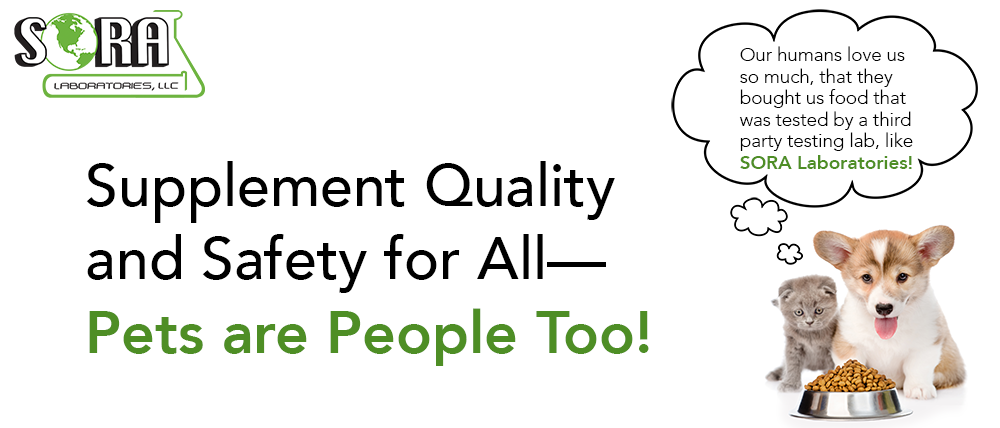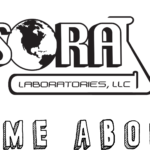Pets are an important addition to the American family and most pet “parents” want the same product assurances for their pet’s supplements as they do their own. Testing is necessary to ensure pet supplements are safe and meet label claims. It’s also an integral part of selling a high-quality product. But, what tests need to be run?
It’s always a good idea to run a standard microbiology testing panel that includes aerobic plate count, coliforms, e.coli, yeast and mold, along with salmonella. Negative results provide peace of mind that harmful bacteria are not included in your products.
Heavy metals testing including arsenic, cadmium, mercury and lead, will show levels of unwanted and often poisoning contaminants that may be found in some ingredients used in pet supplements. Most often, these are found in extremely low levels with results reported in parts per million. As a responsible marketer or manufacturer, it’s important to consider the intended dose for the pet and do your homework to determine if the levels will be safe.
Usually, there are many label claims tied to pet products and each claim will require active marker testing to support the validity of the claim. For ingredients like vitamins and minerals, the label will usually indicate gram, milligram or microgram amounts of that marker. But for other specialty ingredients like probiotics or enzymes, the label should indicate specific activity units. For example, if the product contains probiotics, then enumeration of good bacteria should be labeled in Colony Forming Units/g (CFU/g). The CFU count will be a combined total of all probiotics contained in the product.
For enzymes, the active ingredient marker will be specific for the type of enzyme included in the product. Acronyms are often used on the label indicating the specific protease, amylase, lipase or other enzyme that’s included in product. Activity units are used to measure enzyme potency and show that the enzyme is viable in the formula. They also confirm that enzymes are capable of doing the work they were intended for, such as breaking down food for digestion or other systemic functions. Be cautious of labels that list only the milligrams or weight of the enzyme, as this is not a best practice and can raise questions regarding the quality of the enzyme supplement.
While supplement testing in finished pet products can be challenging, using a lab that is experienced with methods for supplement products and is familiar with interactions in these complex matrixes is the key. We understand how important it is to put only safe, quality pet products on the market. SORA Labs wants to be your pet supplement specialty testing partner!






